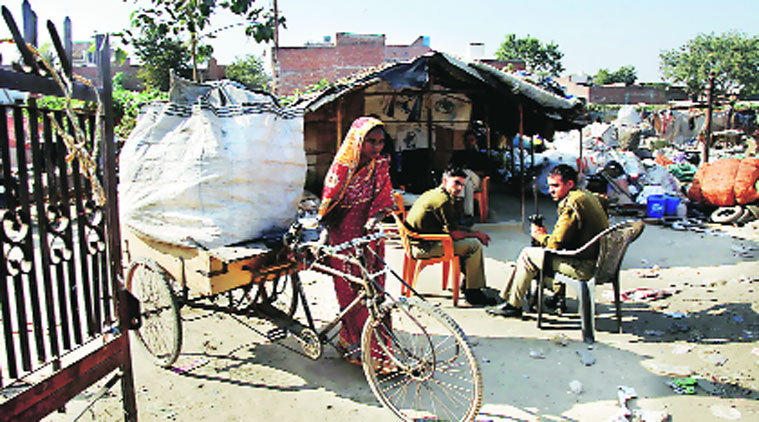Rural Development Programs Of India
National Portal of India is a Mission Mode Project under the. Details of welfare schemes and programmes offered by the Ministry of Rural Development are. How can the answer be improved? Rural Development is the process of improving the quality of life and economic well-being of people living in rural areas, often relatively isolated and sparsely populated areas. Here, we are giving the list of Rural Development Programmes in India that gives extracted revision capsule for the aspirants of different examinations and also for the. Pro Engineer 2001 on this page.

ADVERTISEMENTS: The nine schemes of rural development in India are as follows: The main objective of rural development has been to remove poverty of the people and fill the widened gap between the rich and the poor. This has been also vocalized in the policy of the government which says: said, ‘Rural poverty alleviation has been the primary concern in the economic planning and development process of the country rural development which encompasses the entire gamut of improvement in the overall quality of life in the rural areas can be achieved through eradication of poverty in rural areas.’ Keeping in view the planning policy in mind, various schemes of development, especially the development of agriculture, the main occupation of the rural people, have been introduced. ADVERTISEMENTS: 4. Rural Industries Projects and Rural Artisans Programmes (RIP and RAP) Besides the above programmes, several poverty alleviation programmes have also been launched by the central and state governments for the rural people. These are discussed in the following paragraphs: 1. 20-Point Programme: This has been a major programme of rural development encompassing various aspects of rural people. This programme is associated with former Prime Minister Indira Gandhi, who introduced it in July 1975 for reducing poverty and economic exploitation and for the uplift of weaker sections of society.
She gave the slogan ‘Garibi Hatao’ during parliamentary elections. The important goals of this programme were: 1. Welfare of the rural masses.
